US must get its own house in order, quit meddling in other nations
By Richard Sudan
Over the last few days, US President Joe Biden and his administration have reiterated statements, following purported protests in Cuba and the assassination of the former Haitian President Jovenel Moïse.
Biden’s administration has suggested they are ready to offer support and ‘help’ Haiti, if necessary in the form of US troops. Meanwhile, the White House has also claimed, incredibly, that the US government stands with the people of Cuba.
For anyone with a remote understanding of history, these statements at best represent a government completely out of touch with reality, and at worse betray a much more nefarious purpose behind the US issuing words of support for both countries.
Both Haiti and Cuba, for decades, have been subjected to actions and policies from the United States, and others, both overt and covert, which have undermined self-determination and economic independence at every conceivable juncture.
Outside of the United States, very few believe the notion that troops would be sent to other countries for any other reason than to promote American interests.
The people of Cuba, have been subjected to a blockade and sanctions by the United States for more than 6 decades, as well as dealing with multiple attempts over the years to undermine the country on a number of levels.
Haiti too, has continued to be punished and weakened by many nations, including the United States, ever since the nation produced perhaps the greatest victory against colonialism in recorded history following the slave rebellion of 1804, which defeated the strongest forces of empire in the world. Neo-colonialism has continued to be a tactic against the country ever since, as the price paid for freedom, and in becoming the first nation to completely eradicate slavery.
And, when comparing this record, with the many examples of crisis and turmoil within the United States itself, the backward sense of priorities and hypocrisy becomes ever clearer. And in an ever-evolving global landscape, the whole world sees it.
Recently, in New York, serious flooding revealed that the city, which is perhaps one of the richest in the world, has serious and long-standing issues with infrastructure. While the conversation is rightly cantered around concerns over climate change, the impact of storm Elsa revealed the neglect and vulnerability of services upon which millions of ordinary people depend.
Subways were flooded, resulting in perhaps some of the poorest sections of the working class being presented with a choice, of either wading waist deep into filthy polluted and dangerous water, or potentially compromising and jeopardizing their employment or family commitments.
While many on social media expressed sympathy for New Yorkers, others mocked the situation suggesting that they themselves would never risk walking through littered subway water. But that’s the point. Surely no one would take such a decision unless they had next to no choice. In a city which is home to some of the most affluent people and powerful institutions in the world, some of the most marginalized residents seem to have been abandoned to the mercy of extreme conditions that no one should be forced to navigate. Local emergency workers stepped in like heroes, but these too are ordinary people.
The scenes of the flooding, like everything, have been politicized by some seeking political power. And of course, people will argue that the scenes in New York are a localized issue. But while the floods and extreme weather have revealed quite literal cracks in America’s infrastructure, a plethora of other problems reveal a country deep in crisis and on a number of levels.
While of course Biden won the presidential election last November, he won it by the narrowest of margins. The defeat of Trump did not smash the forces that produced him on both the right, and the left. His administration's subsequent pandering to unfounded fears about immigration, especially the visit of Kamala Harris to Guatemala in which she told potential migrants “don’t come” to the US border reflects the fact that racism and nationalism is as present as ever in the country.
The plague of anti-Black racism and policing is arguably getting worse, also symptomatic of white supremacy and deep-seated racism, which will not simply be undone with a few political gestures here and there. And, just like in the United Kingdom, the chasm between the richest in society and the poorest is as wide as ever with some of the richest cities failing to house and safeguard the poorest.
The floods in New York City might be a result of hyper-capitalism, and ultimately global capitalism with regards to the environmental crisis. But there are many more symptoms of the underlying cause of the latest catastrophe.
So, while the US government postures and issues statements about other countries, quite simply, there are a long list of problems at home to work through. Rather than feigning support and so-called statements of solidarity for other countries, often in turmoil in part because of the military adventurism of the United States, the White House with all of the power it possesses needs to focus on fixing the never-ending list of problems within its own borders, not least for the sake of its own citizens and its global credibility.
Richard Sudan is a journalist, writer and TV reporter working for Press TV.
(The views expressed in this article do not necessarily reflect those of Press TV.)
'Gaza has won': Social media users react to ceasefire with mix of relief, joy
Iran seeks South Korea’s assistance for AI, fiber-optic projects
VIDEO | Iran's 'Eqtedar' (Power) maneuver
Israel hits HTS military target in Syria for 1st time since fall of Assad
VIDEO | Press TV's news headlines
Israel has slaughtered 13,000 students in Gaza, West Bank
VIDEO | More Zionist than Zionists: Biden’s legacy to be defined by Gaza genocide
Hamas confirms handing approval of Gaza ceasefire deal to mediators


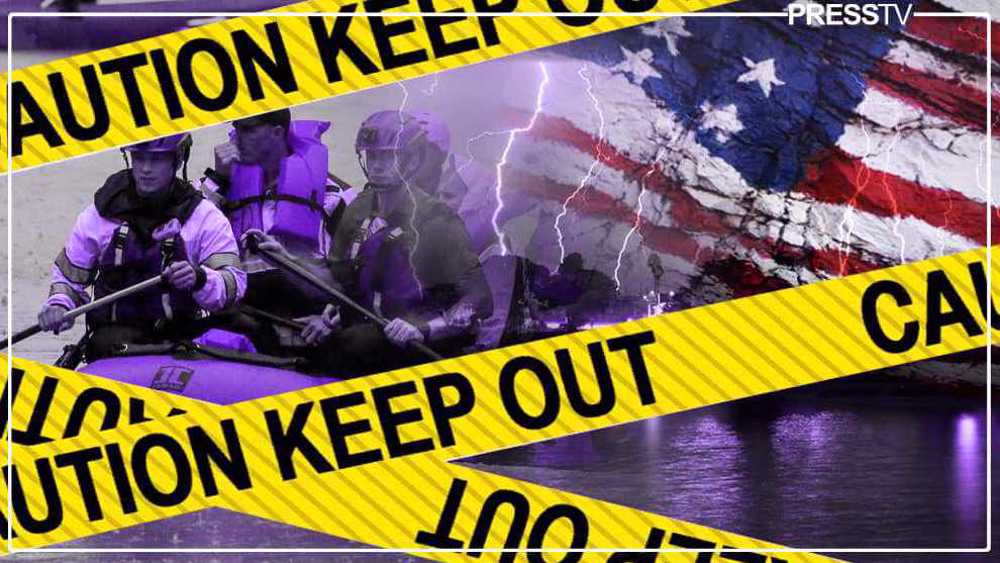
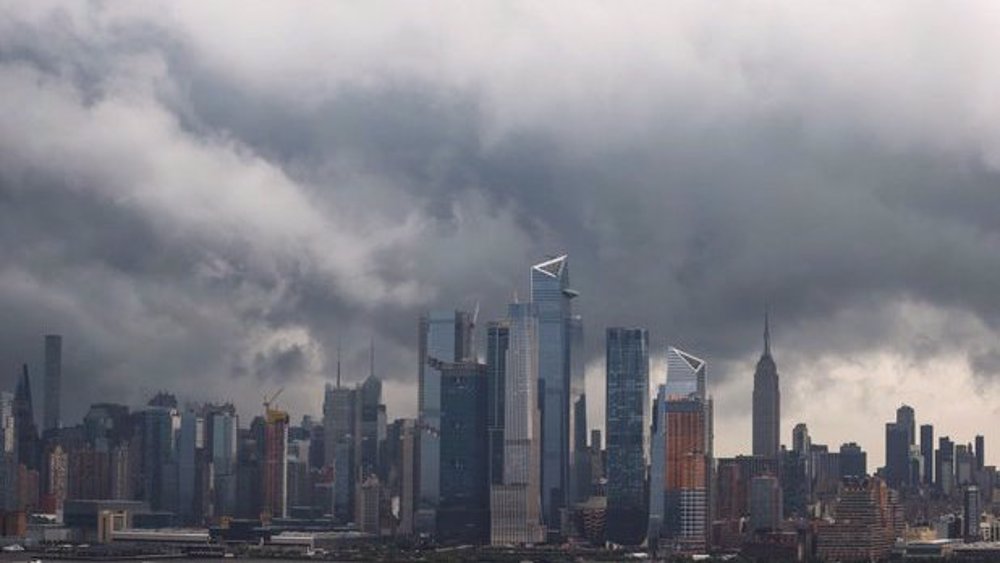
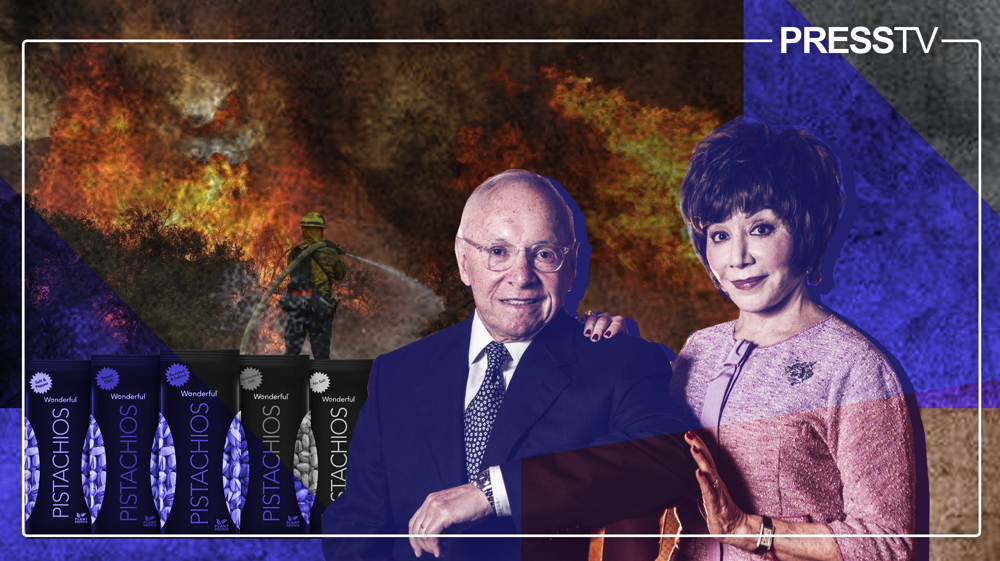
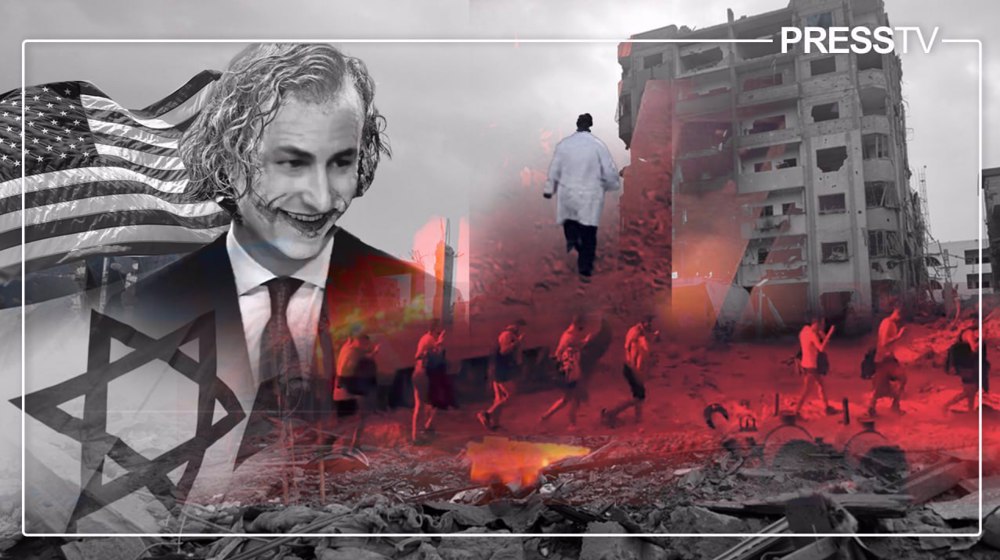
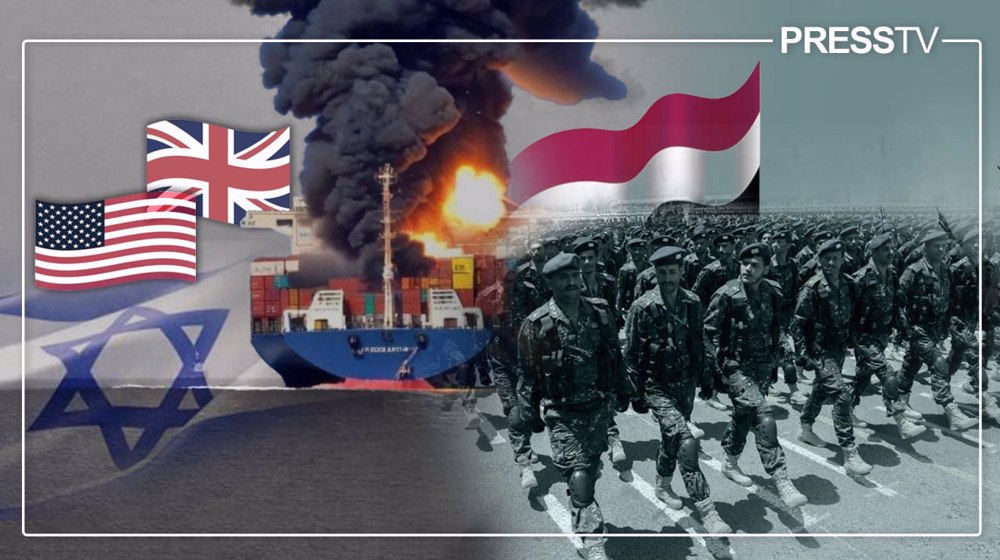



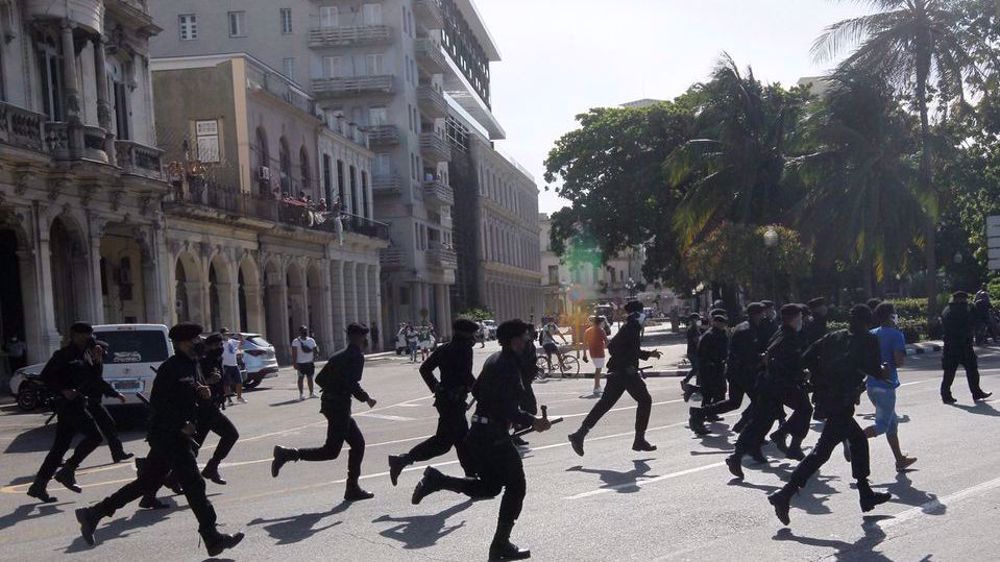
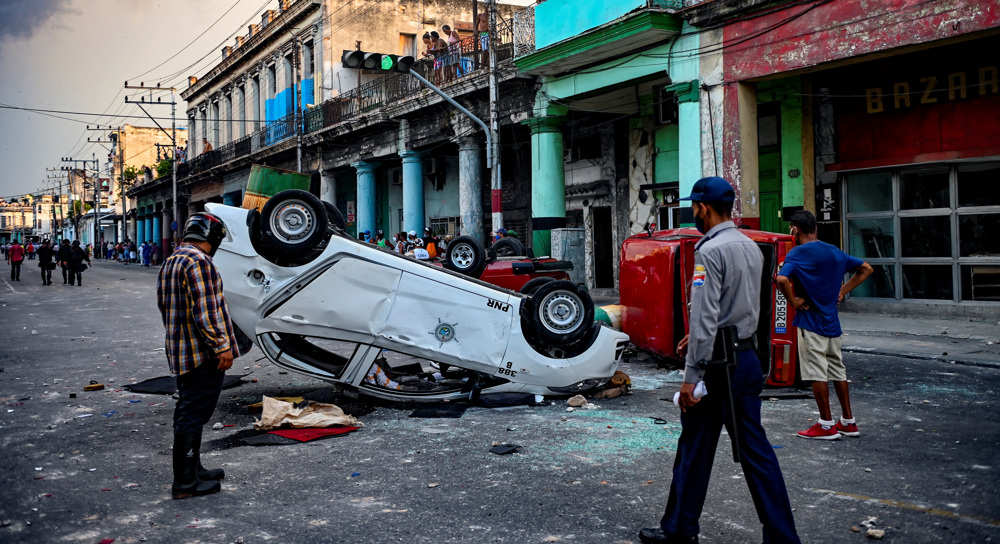
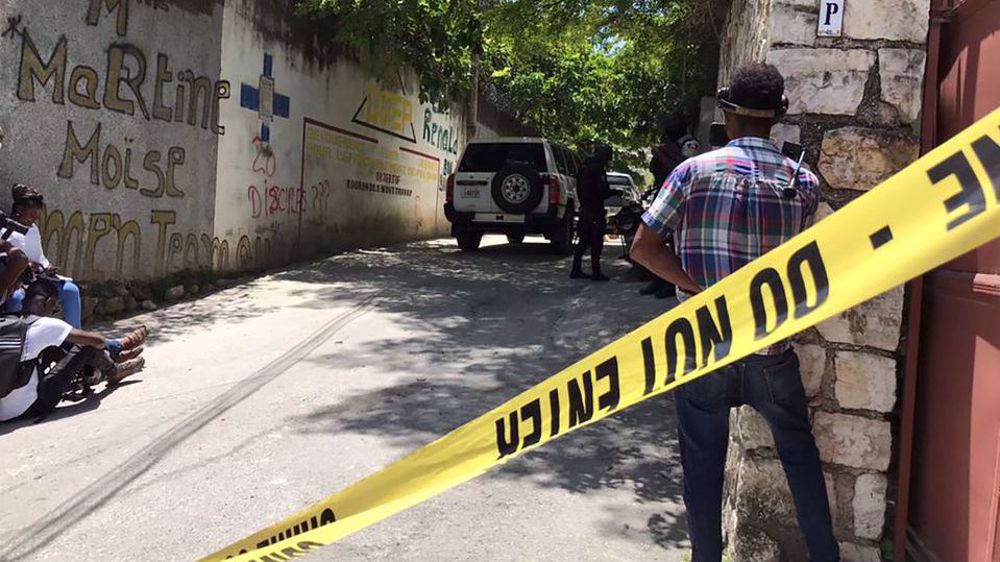
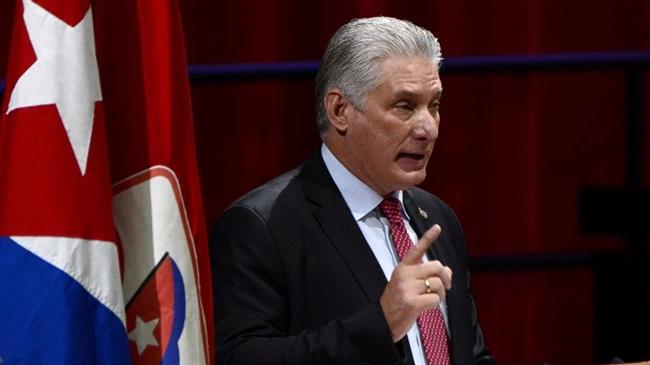
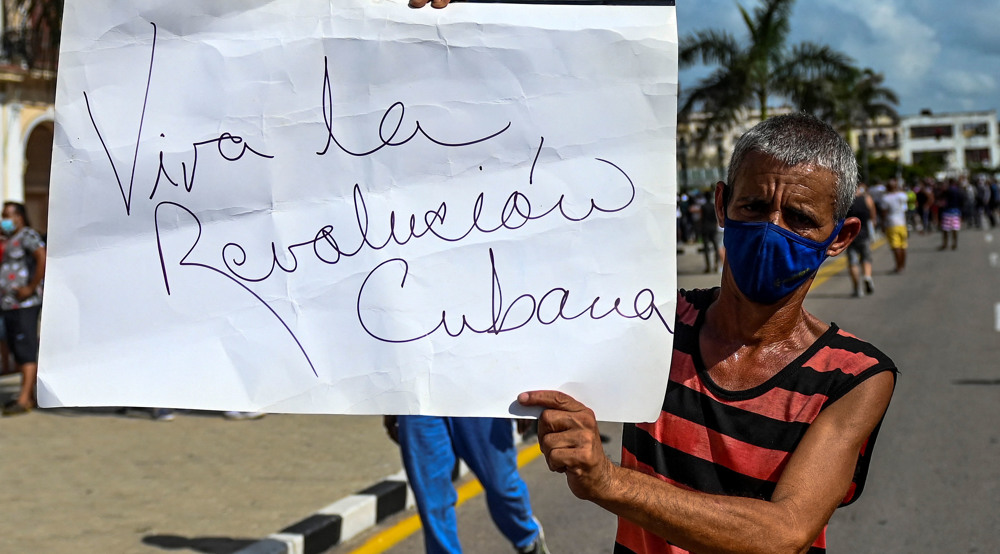

 This makes it easy to access the Press TV website
This makes it easy to access the Press TV website